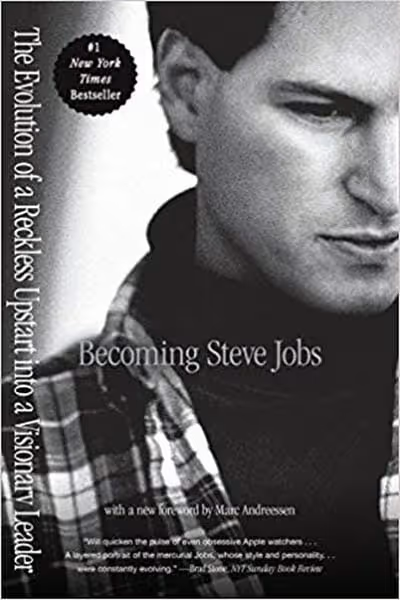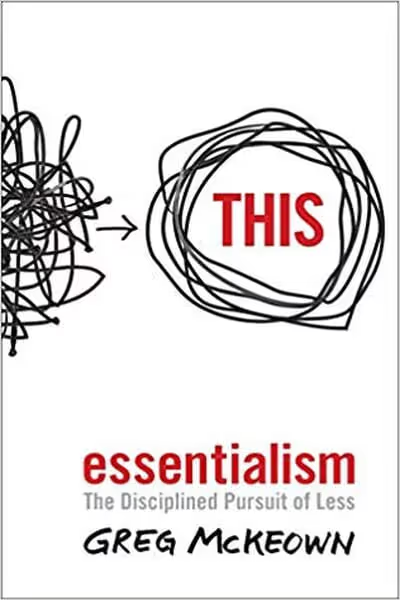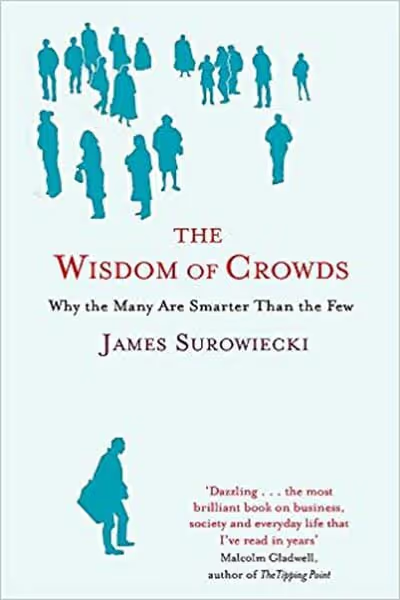In Defense of Troublemakers
Dissent should be welcomed, not feared, according to a respected psychologist.
Consensus has been reached, and we've concluded that it's a good thing. In his book In Defense of Troublemakers, psychologist Charlan Nemeth argues that this notion is incorrect: when the majority view is left unchecked, it is frequently prejudiced, unoriginal, or inaccurate. It causes aircraft and markets to crash, convicts innocent people, and can physically fool people into thinking blue is green. We accept idiocy in the name of comity. By welcoming dissent, we can make better judgments. Dissent makes us challenge the status quo, think about new information, and make innovative decisions.
From Twelve Angry Men to Edward Snowden, lone objectors who force people to reconsider their ideas get organisations closer to the truth—whether they are correct or incorrect. In Defense of Troublemakers is required reading for everyone who works in a group. It will transform the way you think, listen, and make choices.
Good decision-making, at its heart, is divergent thinking. When we think divergently, we think in multiple directions, seek information and consider facts on all sides of the issue, and think about the cons as well as the pros. Bad decision-making is the reverse. Thinking convergently, we focus more narrowly, usually in one direction. We seek information and consider facts that support an initial preference. We tend not to consider the cons of the position, nor do we look at alternative ways of interpreting the facts.






















































